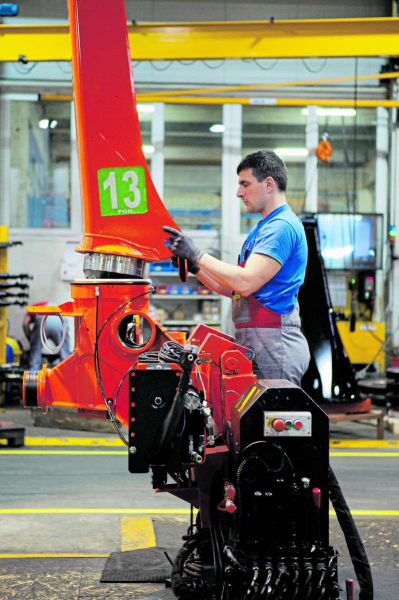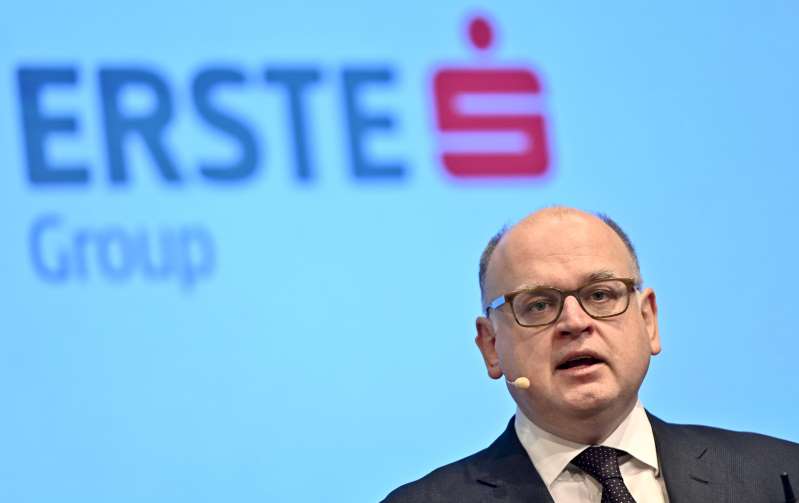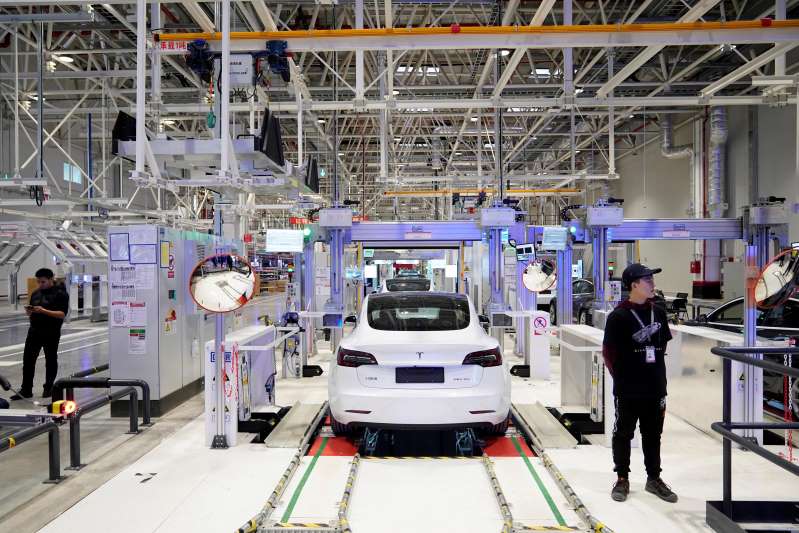The crane manufacturer wants to catch up on the production backlog by the end of the second quarter.

The cyber attack on the Salzburg crane manufacturer Palfinger paralyzed the listed company with almost 11,000 employees worldwide from the end of January to February.
Recover part of the cost
“The plants stood idle for an average of ten days. That differs depending on the plant and region, the main plants were idle for two weeks,” said board member Martin Zehnder on Friday at the online press conference. The costs and the loss of sales cannot yet be quantified.
Palfinger hopes to cover part of the costs of combating the cyber attack with appropriate insurance. The crane manufacturer is currently trying to catch up on the production backlog by stopping the factories and to keep the loss of sales as low as possible.
One is relying on Saturday work, overtime and an adjustment of the shift model to make up for the loss, says Zehnder. “It won't work out in the first quarter, it will extend into June.”
Controlled shutdown
The impact on profitability would depend on how quickly the production backlog can be made up and when you can get compensation from insurance, the manager said.
On January 25, there was a cyber attack on Palfinger's IT infrastructure, affecting almost all locations worldwide. In response, the crane manufacturer switched off all IT systems in a controlled manner.
All assembly and production plants were restarted within two weeks. Due to the one-off cyberattack effects, the operating profit margin in the first quarter of 2021 is expected to be below the prior-year quarter, but according to Palfinger, sales will be higher than in the previous year.
The corona crisis also hit Palfinger hard last year, but the good sales development for cranes for the booming construction industry dampened the corona effect.
All projects checked
In 2020, sales decreased by 12.5 percent to EUR 1.53 billion compared to the previous year, while consolidated profit fell by 37.8 percent to EUR 49.8 million. CEO Andreas Klauser said on Friday that the company reacted to the Covid pandemic and its economic effects with a package of measures.
Among other things, all projects have been put to the test and a liquidity and structural cost reduction program has been implemented. Furthermore, personnel costs have been reduced in Austria through short-time working and in other countries through similar models and funding programs. The number of employees at Palfinger fell by around 300 to 10,800 in 2020.
The Palfinger boss is optimistic for 2021. For the first half of the year Klauser expects a positive market environment and full order books. The high market risk due to Covid-19 remains, however.
This year, the crane manufacturer wants to return sales to pre-crisis levels – the CEO announced sales of “over 1.7 billion euros” and an EBIT margin of 8 percent. Furthermore, a historically high investment volume of 100 million euros is planned.























